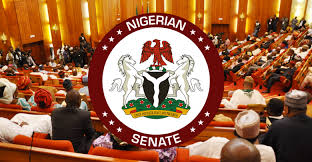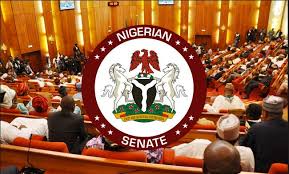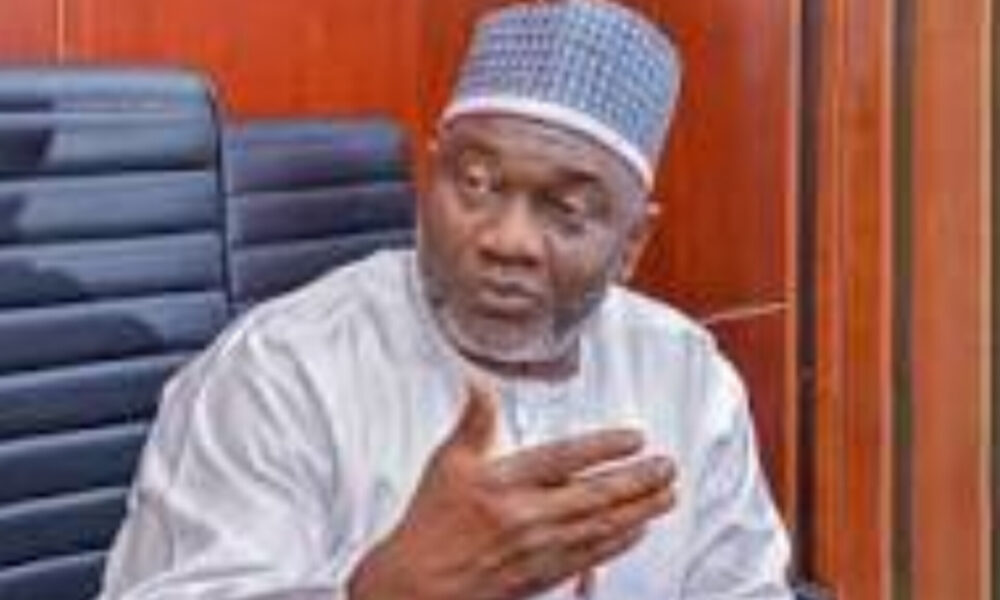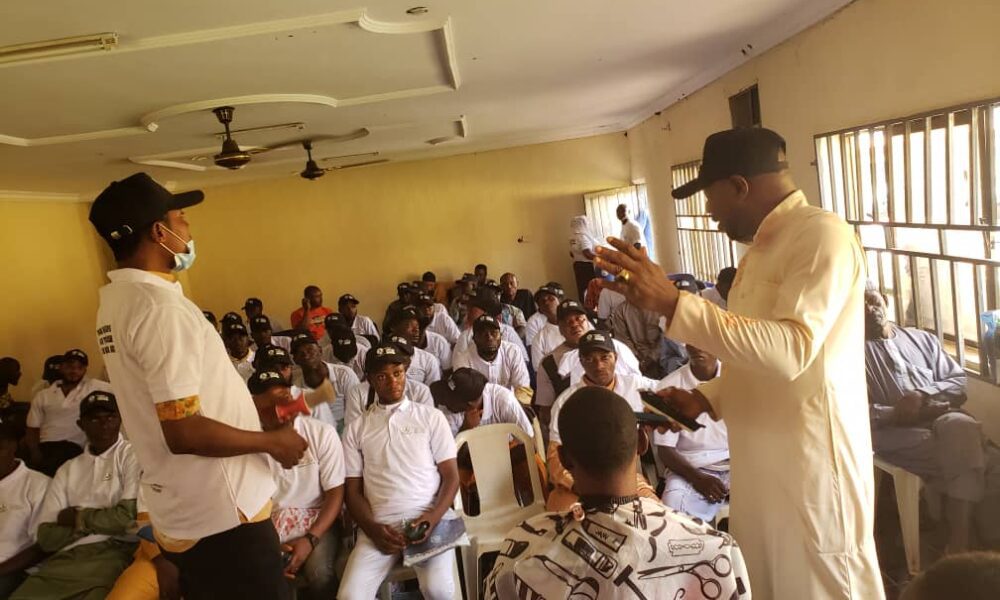In its bid to regulate and formalise informal sector employment in Nigeria, the Senate has considered and passed for second reading a bill in that direction.
The bill also seeks to empower the National Directorate of Employment (NDE) to issue licences and monitor privately owned employment agencies whose responsibility will be to enroll employees, such as domestic workers, apprentices and interns in their data bank, safeguard and enhance their social security and oversee their social recruitment by employers who engaged in legitimate occupation on such terms and conditions as may be agreed by the parties.
Leading the debate on the bill, its sponsor, Senator Mohammed Sani Musa (APC-Niger East), said the primary goal of the bill is to regulate the sector to promote strategic objectives.
These objectives, he said, included “the promotion of rights at work, employment, social protection and social dialogue.
“On the contrary, many jobs in the informal labour market in Nigeria still experience work deficit. Employees in the informal sector are often seen as having no right and are not treated fairly by their employers. All of these, this bill seeks to correct.
“This bill empowers the National Directorate of Employment(NDE) to issue license and monitor the activities if Employment Agencies throughout the country.”
According to Senator Musa, “the informal sector is usually regarded as the residual labour market where labour is highly heterogeneous and sources of income are not largely wage dependant; working time is discretionary and some jobs are not paid at all.
“The wide range of information available is that the operations in the sector are usually in small scale; that production technique is labour intensive and that ownership is usually private.
“In most cases, the workers in this sector are family members, apprentices and few paid employees.
“Labour practices within the informal sector of Nigerian economy show evidence of violation if employees’ right and non implementation of labour regulations.
“Although the informal sector provides a safety net for skilled, semi-skilled or unskilled labour who could not find job in the formal market, however, the informal sector in Nigeria has practices that are not in conformity with the International Labour Organisation (ILO) best practices as ratified in its conventions
“Notwithstanding that Nigeria is a signatory to these conventions, there are still a lot of deficits in the implementation of these conventions.
“One of such areas of concern relates to decent work deficits. Decent work is work with fair and equal treatment, decent renumeration, and fair conditions of employment, safety and social protection, opportunities for training and development, and collective bargaining.”
Commenting on the bill, Senator Aliyu Magatakarda Wamakko (APC-Sokoto North) described it as “timely and desirable in today’s modern Nigeria ”
On his part, Senator Aliyu Sabi Abdullahi (APC – Niger North) decried the unfair treatment of employees in the informal sector by their employers, saying that the situation called for concern and urgent steps to remedy it.
Abdullahi, however, called for a balance protectiion of both the employees and employers in the informal sector, as according to him, the employers also suffer indecent treatment from their employees.
He called for integration of data obtained from registration of such employees by the employment agencies with the National Data Base to avoid engaging unscrupulous foreigners for such employments.
After the Bill passed for second reading, the Senate President, Ahmad Lawan, referred it to the Senate committee on Labour and Productivity for further legislative process.
Senate moves to standardise employment in informal sector




